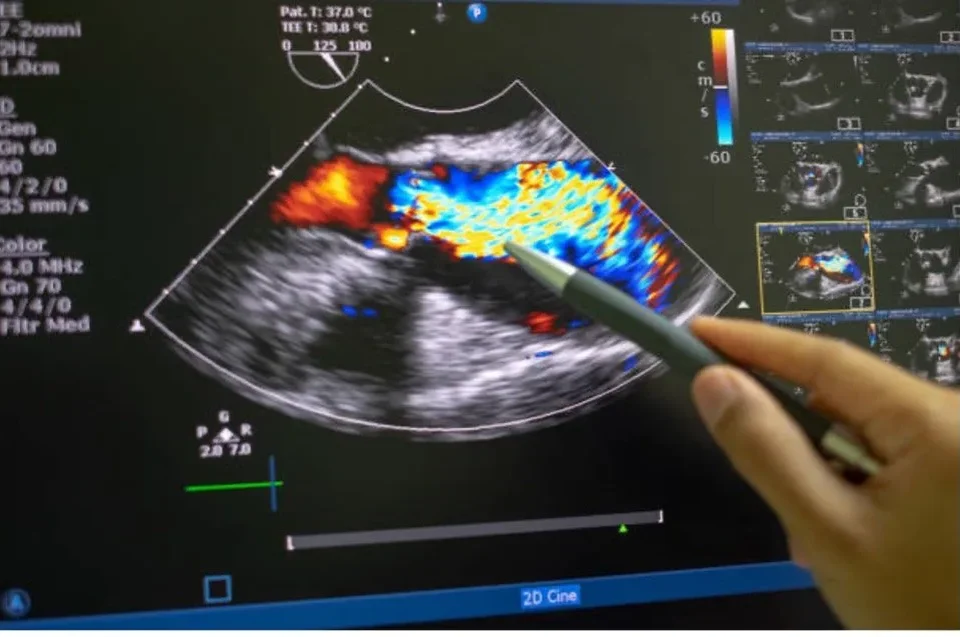
How Home Sleep Testing Helps for Diagnosing Sleep Apnea
October 4, 2025
How Veneers Can Transform Your Smile
October 6, 2025Cardiology is the medical specialty focused on the heart and the circulatory system. Regular check-ups with a specialist, which enable ongoing assessment of your cardiovascular health, are fundamental for maintaining overall well-being. These appointments provide a structured opportunity to review your heart’s function, which helps create a comprehensive analysis. Here is more information on the role of cardiology check-ups:
Detecting Issues Early
A cardiologist uses several diagnostic tools to get a detailed view of your heart’s performance. An electrocardiogram (EKG) records the heart’s electrical activity, while an echocardiogram uses sound waves to produce images of your heart beating and pumping blood. They may use these types of imaging as part of their diagnostic process, which helps in identifying various medical conditions:
- Stress echo
- Carotid doppler
- Nuclear stress testing
- Event loop monitoring
These tests provide additional information about blood flow and heart function under different conditions, enabling a comprehensive evaluation. These tests help identify potential heart conditions and guide appropriate treatment. A healthy heart is fundamental to overall well-being. While some tests may be challenging or complex, they provide insights that enable your cardiologist to create a care plan for you. Timely testing and proactive care can make a significant difference in managing heart health effectively.
Reducing Risks
Understanding your personal risk factors is a key part of managing your heart health. Your cardiologist will review your family history and lifestyle habits, and this information helps identify areas for improvement or adjustment. You can then work with your doctor to build a personalized plan, which may involve adjustments to your diet or activity level.
This collaborative approach enables you to take practical steps toward supporting your cardiovascular system. When you know your specific risks, you are better equipped to address them directly. Your physician typically provides guidance based on your individual health profile, and this approach is preferable to relying on generalized advice.
Making informed lifestyle adjustments is a practical way to manage your health journey. These changes, which can be adjusted to your needs, contribute to a proactive health strategy. Your active participation in the cardiology process is supported by professional medical guidance, which emphasizes the need for expert advice to promote safety and effectiveness.
Enabling Interventions
If a potential issue is identified during a check-up, your cardiologist can recommend a course of action. Early detection allows for a wider range of management options, which may include medication or other non-invasive treatments. A clear diagnosis is the first step toward developing an effective treatment plan with your doctor. This collaborative approach between you and your healthcare provider enables care that addresses your specific needs and promotes long-term heart health.
Schedule a Cardiology Check-up
Taking a proactive role in your health includes scheduling routine appointments with specialists. If you have questions about your heart health, a cardiology check-up provides an opportunity to get information based on your specific medical data. Early detection and intervention may make a significant difference in preventing and managing heart-related conditions. Contact a cardiology clinic today to schedule your consultation.





